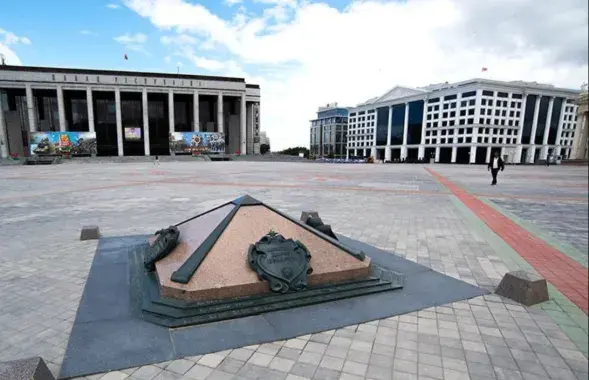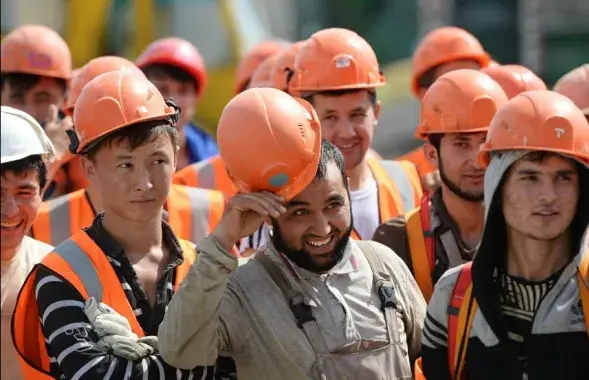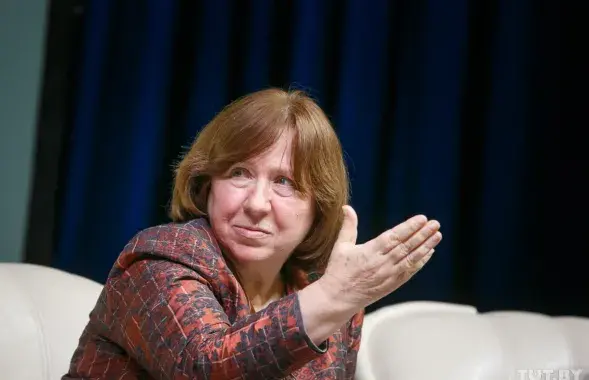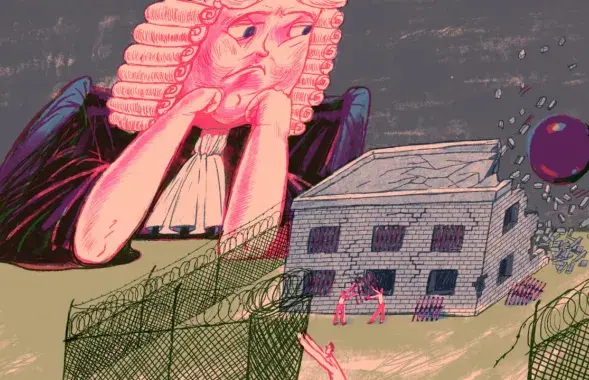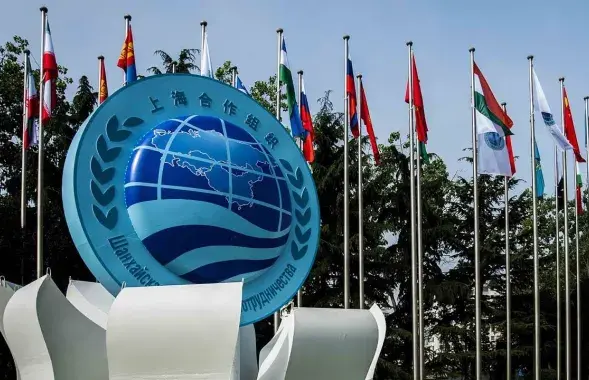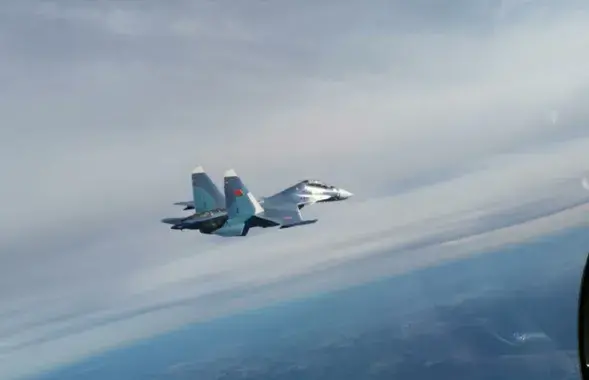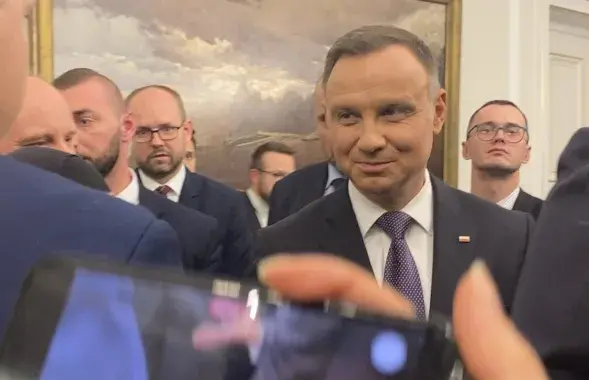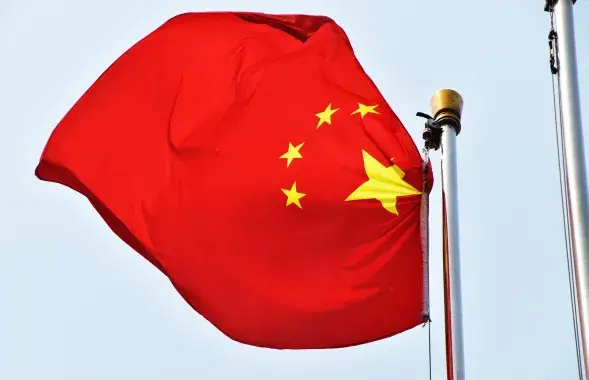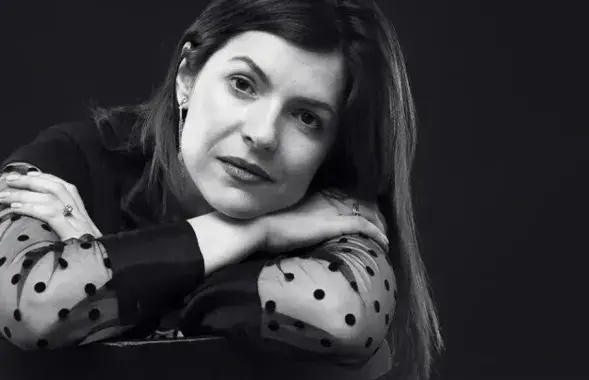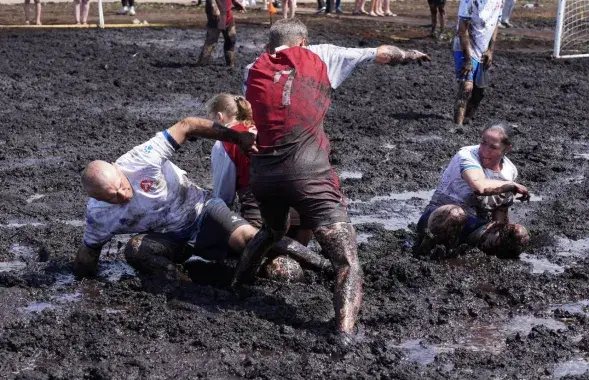NATO: We will never attack Russia
NATO Secretary General Anders Fogh Rasmussen talks about the Alliance's new strategy during a conference in Warsaw.
Good relations with Russia will become one of the key issues in a new strategy of NATO which General Secretary Anders Fogh Rasmussen promised to present in November 2010.
A policy of dialogue and cooperation with Russia is the best security guarantee in Europe to all NATO member nations, Anders Fogh Rasmussen stressed on March 12 at a conference in Warsaw.
Anders Fogh Rasmussen: “I would like to stress that NATO is not a threat to Russia. NATO will never attack Russia. In return, NATO does not consider Russia as a threat, either. That's why Russia's new military doctrine does not reflect the real state of things”.
Poland's foreign minister Radoslaw Sikorski and Poland's defense minister Bogdan Klich also expressed a desire to cooperate with Russia and approved NATO's new strategic concept. However, Fyodr Lukyanov, the editor-in-chief of the Russia in Global Relations magazine, said in an interview with the European Radio for Belarus that such plans would not have become reality soon.
Fyodr Lukyanov: “There has always been a huge distance between the words that the sides are ready for real strategic closer ties and the reality. In Russia, NATO is still perceived as something hostile and unfriendly. Perceptions both in Russia and in the West are still very far from reality. Mentally, people continue to leave in a situation when there is a threat from the West or the East”.

NATO does not make sense any longer and is not able to formulate exact goals for the future, reckons Fyodr Lukyanov. The situation is made even more difficult by the differences in the interests of NATO member states. In this uncertain situation between NATO and Russia, Belarus has to maneuvre.
Fyodr Lukyanov: “All the countries between the two giant geopolitical players, including Belarus, are forced to maneuver. Otherwise, they have no option. But now the situation for maneuvering is worse, because one side does not know what the other wants. And the countries between them are somewhat hanging. There is low interest towards them. Especially, it is obvious with Ukraine”.





